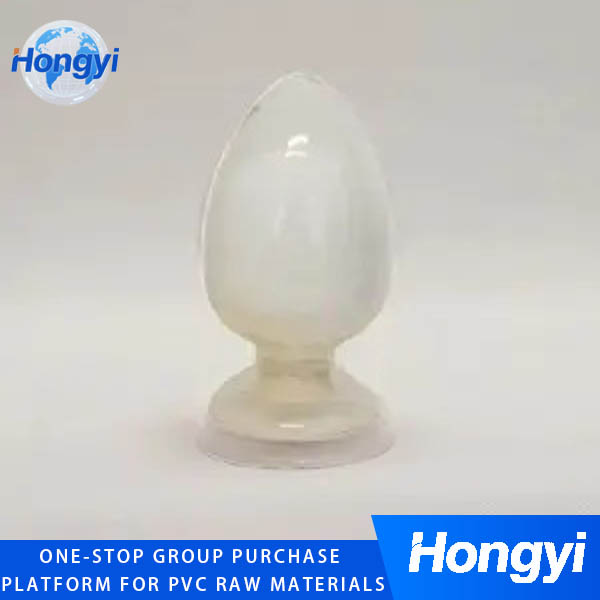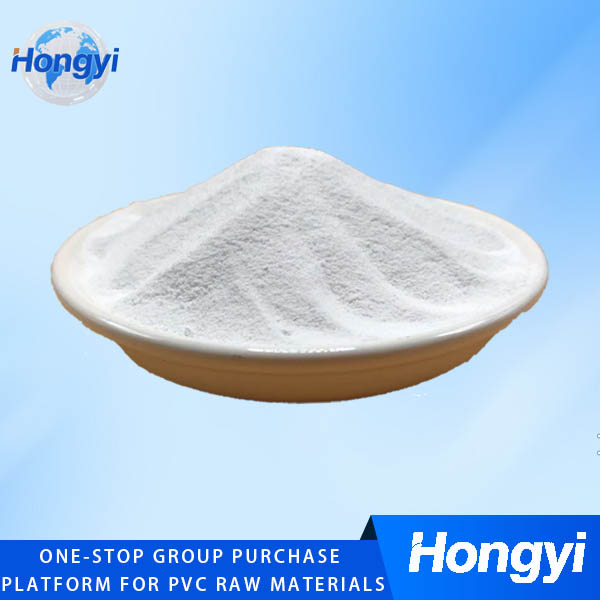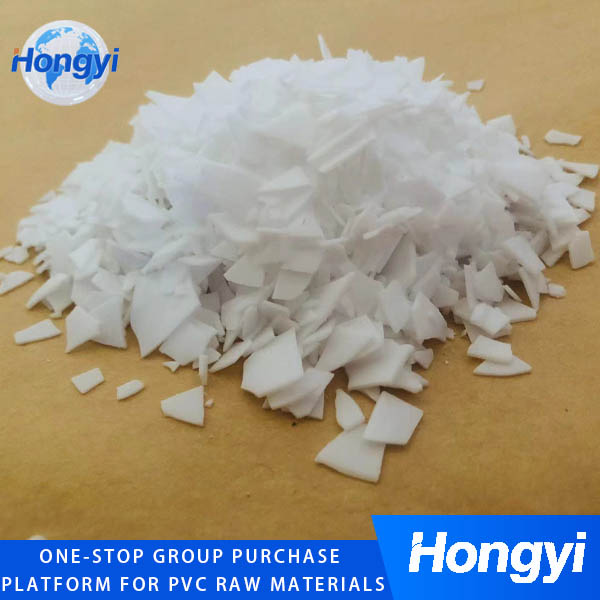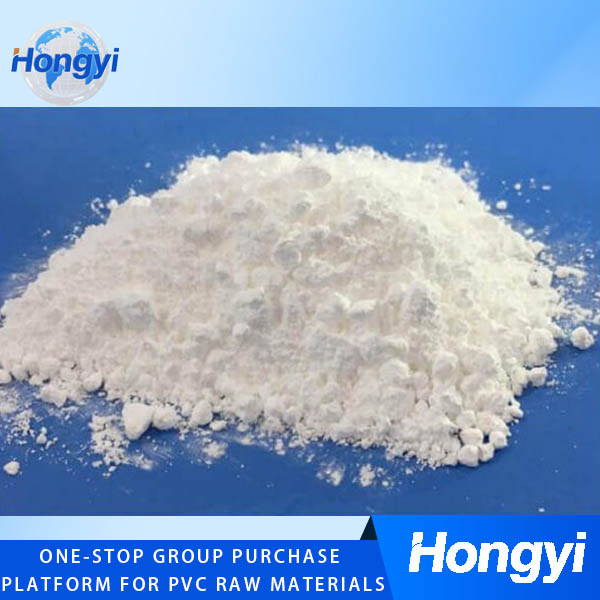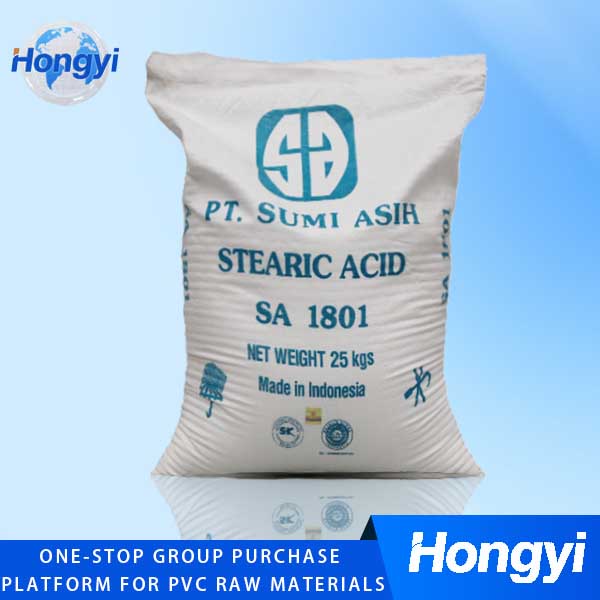

Stearic Acid SA1801 for plastics and rubbers
Obtenir un devis
Si vous avez des questions sur nos produits et services, n'hésitez pas à nous laisser un message
Introduction
Stearic acid is synthesized through catalytic hydrogenation of imported palm oil, followed by high-pressure hydrolysis, fatty acid dehydrogenation, and vacuum distillation. High-pressure hydrolysis is a catalyst-free process with a cycle time of approximately five hours, achieving a conversion rate of 98–99% under continuous production. The resulting stearic acid exhibits excellent color, high purity, and minimal impurities. In a parallel process, a decomposition agent is introduced into hardened oil, which is subsequently hydrolyzed to yield crude fatty acid. This intermediate is then subjected to washing, distillation, and decolorization to produce the final stearic acid product, with glycerol generated as a by-product.
Properties and Application Areas
Plastics Industry:
(1) Heat Stabilizer – employed in the production of stearates.
(2) Lubricant – functions as an effective external lubricant.
(3) Release Agent – capable of forming a thin, highly efficient isolation film on the surface of plastic products.
Rubber Industry:
(1) Vulcanization Activator – enhances vulcanization efficiency by accelerating the vulcanization rate, reducing the required vulcanization time and temperature, and improving the physical and mechanical properties of rubber.
(2) Softener – effectively mitigates roller adhesion during mixing, facilitates the dispersion of carbon black, and enhances abrasion resistance. This additive finds application in candle manufacturing, textile finishing, papermaking, stationery production, calcium carbonate processing, and as a brightening agent.
FAQ
Yes. TDS (with parameters like melting point, density, viscosity) and SDS (compliant with GHS standards) are available for all products.
Yes. We provide free samples (max 5kg) for standard products. You only need to bear the shipping cost (via DHL/FedEx/UPS). For customized samples, a small R&D fee may apply (refundable if bulk order is placed). Sample delivery takes 3-7 working days.
The MOQ varies by product, usually is 500KG. For trial orders or small batches, please contact our sales team for a customized solution.
We support T/T (40% deposit in advance, 60% balance before shipment), L/C at sight, Western Union, and PayPal (for small orders). Other terms can be negotiated.
1. Submit your requirements (product model, quantity, specifications, delivery address) via email/contact form;
2. We send a proforma invoice (PI) with price, payment terms, and delivery time within 24 hours;
3. You confirm PI and pay the deposit;
4. We arrange production and update you with production progress;
5. After production, we send photos/videos for confirmation;
6. You pay the balance, and we ship the goods and provide tracking information.
-DDP terms: We arrange door-to-door delivery including customs clearance and tax payment (additional fee applies)
One More Question?
If you have any questions about our PVC products and service,please feel free to contact us!


